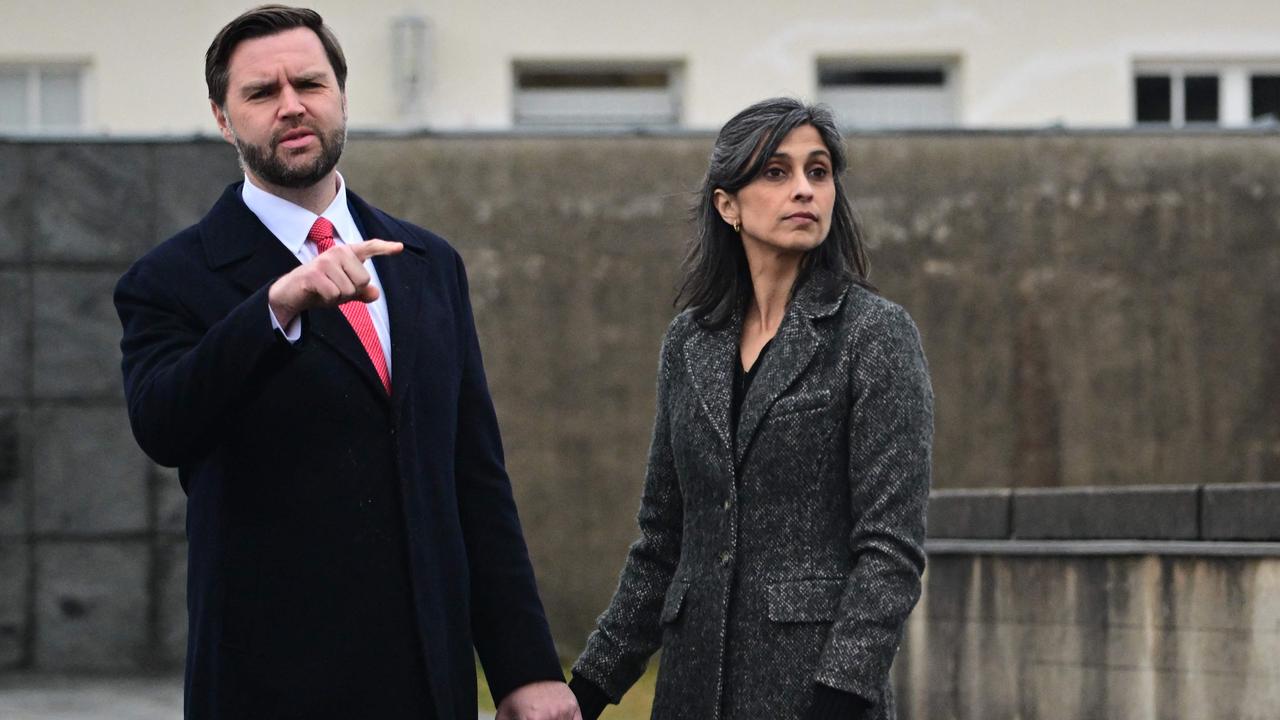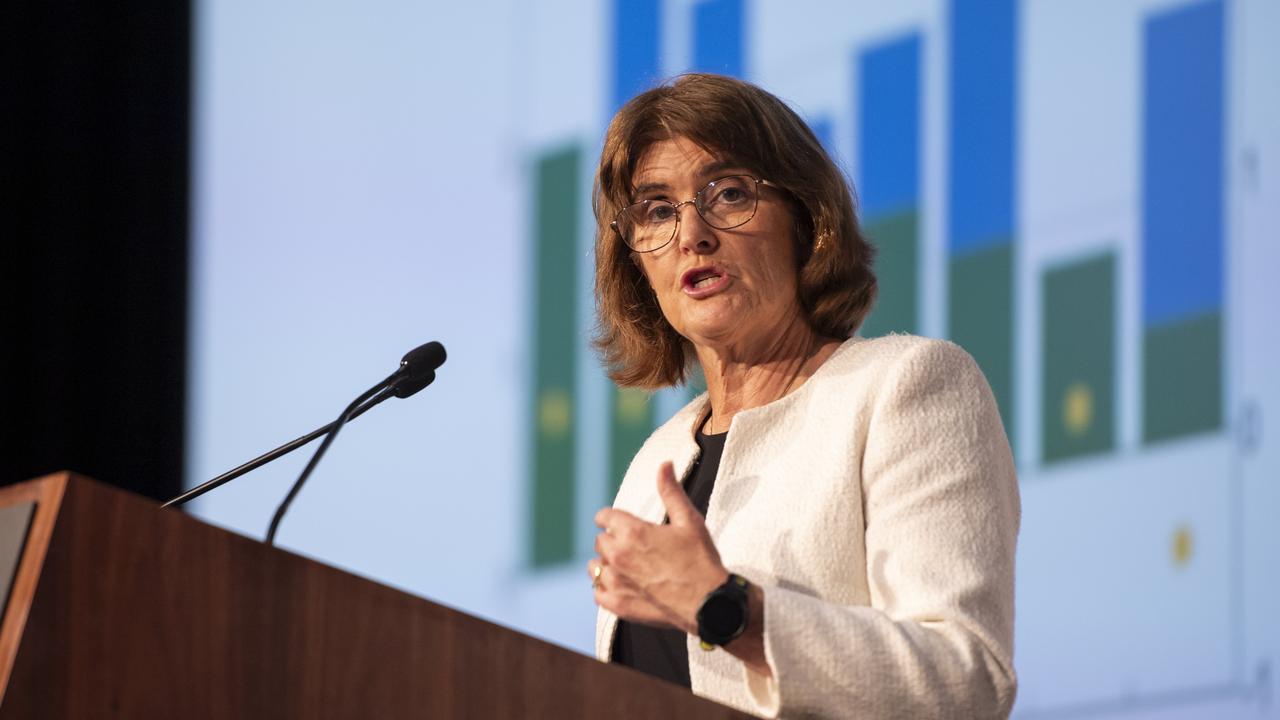France’s Macron appoints first woman prime minister in three decades
Élisabeth Borne’s elevation to the role shows pro-business president tacking left ahead of parliamentary elections.
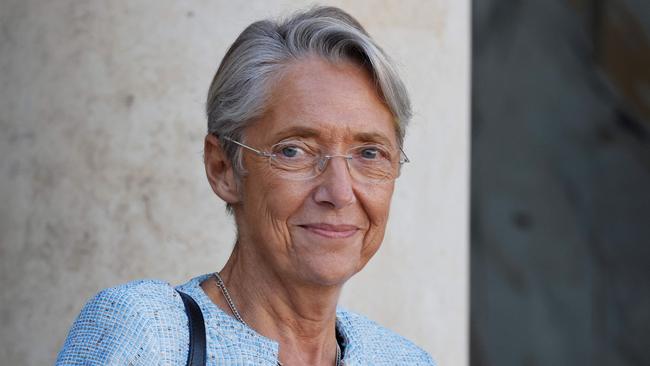
President Emmanuel Macron of France has appointed Élisabeth Borne as prime minister, elevating the first woman in decades to helm a French government and lead his party’s charge in the coming parliamentary elections.
The choice of Ms Borne - a 61-year-old technocrat who previously served as Mr Macron’s labor minister - shows the pro-business president is tacking leftward before voters head to the polls in mid-June to elect members of the National Assembly. Ms Borne was once chief of staff to Ségolène Royal, a Socialist Party heavyweight who mounted a high-profile yet unsuccessful presidential campaign in 2007.
Ms Borne is the second woman to become prime minister of France after Edith Cresson, who briefly held the office in the early 1990s during the presidency of Socialist leader François Mitterrand. She takes over from Jean Castex, a former member of France’s conservative party, who resigned Monday.
“Nothing should hinder the fight for women’s place in our society,” Ms Borne said in a short speech on Monday.
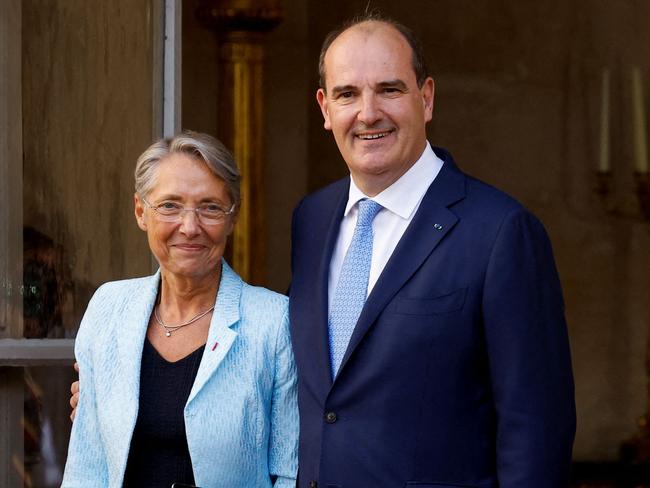
Five years of pro-business policies - from Mr Macron’s loosening of labour rules to his reduction of unemployment benefits and taxes - have helped the French president secure strong support among conservative voters and the urban elite. But they have alienated middle- and working-class voters who mainly cast ballots for far-left firebrand Jean-Luc Mélenchon and far-right leader Marine Le Pen in the first round of France’s presidential elections.
Mr Macron’s party is expected to win a majority of the National Assembly’s 577 seats because candidates from a newly elected president’s party usually ride his coattails to office.
The biggest threat to Mr Macron’s majority, however, is now coming from leftist forces, some of whom backed the former investment banker when he was first elected in 2017. Earlier this month, Mr Mélenchon reached agreements with the Socialist Party, the Green Party and France’s Communist Party to divvy up district races across the country. That will give voters the choice of a single leftist candidate in the June election as opposed to the many leftists who appeared on the presidential ballot.
Polls show Mr Macron’s recently renamed party, Renaissance, and its allies winning between 300 and 350 seats, compared with the 346 they currently hold. Mr Mélenchon’s coalition stands to win 105 to 168 seats, while Ms Le Pen’s National Rally could win 52 to 80 seats, polls show. The same polls indicate France’s conservative party, Les Républicains, garnering 30 to 48 seats.
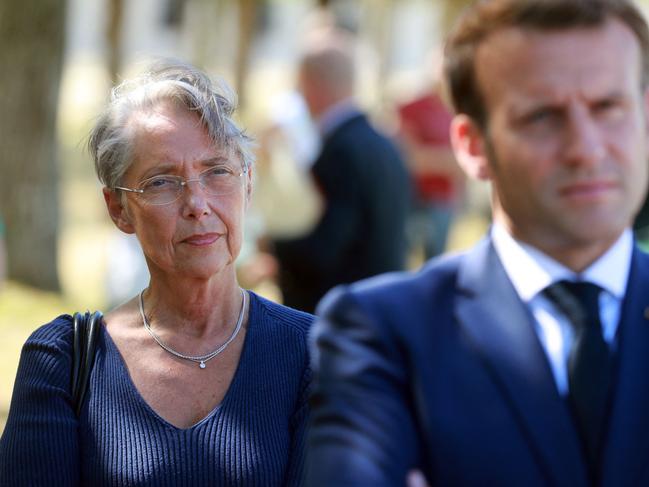
Ms Borne faces an uphill battle in uniting a country deeply divided along economic and geographical lines. The first challenge lies in demonstrating she has a different approach to governance than Mr Macron, whose self-proclaimed “Jupiterian” style—a reference to the Roman god, in which he sought to remain above the fray and step in to impose order—has at times angered the public.
Russia’s invasion of Ukraine and Europe’s plans to wean itself off Russian oil and gas have helped produce record-setting surges in fuel and food prices, squeezing France’s poorest households. Those economic pressures come three years after the yellow vest crisis, which began as a series of protests against the rising costs of fuel. The movement, in which demonstrators donned yellow high-visibility vests, morphed into riots that rampaged down the Champs-Élysées Avenue, leaving stores shattered, cars torched and the Arc de Triomphe defaced.
Mr Mélenchon, who nearly qualified for the presidential runoff with 22% of the votes in the first round, isn’t running for a parliamentary seat. His coalition, however, is campaigning for a higher minimum wage and a price cap on essential goods. The issue of Islam’s place in French society will also loom large.
Mr Mélenchon and others have repeatedly criticized Mr Macron’s measures that they say stigmatize France’s Muslim minority community, one of Europe’s largest. Last year Mr Macron’s legislative majority approved a bill that allows the government to close mosques and other religious organizations with limited judicial oversight.
The city council of Grenoble, in southeastern France, voted Monday in favor of a proposal to allow women to wear head-to-foot swimsuits—dubbed “burkinis” by many French—at public swimming pools. French women will also be allowed to swim topless under the new rules.
The move has angered conservative leaders and some members of Mr Macron’s party, who say the swimming attire is a symbol of radical Islam and a threat to the nation’s republican values of liberty, equality and fraternity.
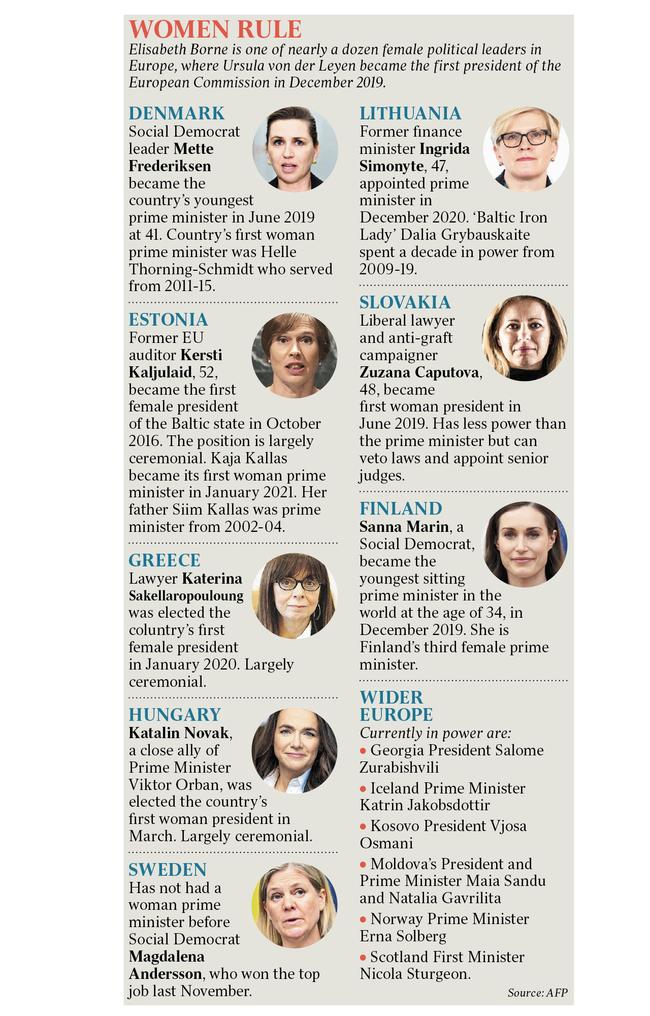
France’s ban on wearing headscarves and other religious symbols applies to civil servants while at work and to students and teachers at schools, but it hasn’t been extended to swimming pools or many other public places. Most municipal pools in France currently require men to wear swim briefs and women to wear bikinis or one-piece swimsuits, citing hygiene and safety.
Éric Piolle, Grenoble’s Green Party mayor, defended the proposal, saying women should be free to wear whatever they want—for religious reasons or not—in public.
Mr Macron, meanwhile, has tried to frame his next five years as a break from the previous term.
“The French people didn’t prolong my previous mandate,” Mr Macron said in his inaugural address earlier this month. “This new people, different from five years ago, has given a new president a new mandate.”
Many French remain skeptical. According to a recent Elabe poll, 68% of French people believe Mr Macron won’t change his style or method of governing during his second five-year term in office. About 89% of the supporters Ms Le Pen and 78% of people who backed Mr Mélenchon in the April elections say they expect Mr Macron’s second five-year term to be a continuation of his first.
The Wall Street Journal



